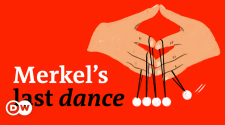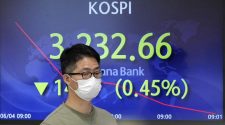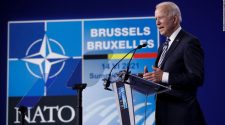The executive director of Unicef, Henrietta Fore, said in a statement: “This is an emergency. There is a very real risk that the Ebola outbreak could spread to neighboring countries, so the international community should urgently come together to make sure that doesn’t happen.”
[Like the Science Times page on Facebook. | Sign up for the Science Times newsletter.]
The W.H.O. said it had received $49 million from international donors from February to July, only half the money it needs. Officials who have visited the region say supplies are running short, including the protective gear that health workers need to avoid becoming infected. At a United Nations meeting about the outbreak on Monday, one official said he had seen syringes and gloves being reused because equipment was becoming scarce.
Dr. Tedros said that emergency declarations were not meant to be used to raise money, and that the W.H.O. did not know of any donors who had withheld funds because no emergency had been declared.
“But if that is the excuse, it can no longer be used,” he said.
More than 161,000 people have received an Ebola vaccine made by Merck that is considered highly effective. Concerns about the supply have led the W.HO. to recommend using smaller doses to keep from running out.
Pamela L. Eisele, a spokeswoman for Merck, said in an email that Merck had donated more than 195,000 doses of the vaccine to the W.H.O. since last year, had 245,000 more ready to ship and expected to have 900,000 more in the next six to 18 months. It takes about a year to produce a batch of the vaccine, she said.
The W.H.O. and other experts have advocated the use of a second vaccine as well, made by Johnson & Johnson. But Congo’s Ministry of Health has declined it, saying that the Merck vaccine is known to work, and that it is the only one the nation’s citizens, after a period of mistrust and suspicion, have come to accept.
Dr. Michael Ryan, the executive director for W.H.O.’s health emergencies program, said, “W.H.O. still supports the introduction of a second vaccine.” He added that the agency was discussing it with officials in Congo.


















